
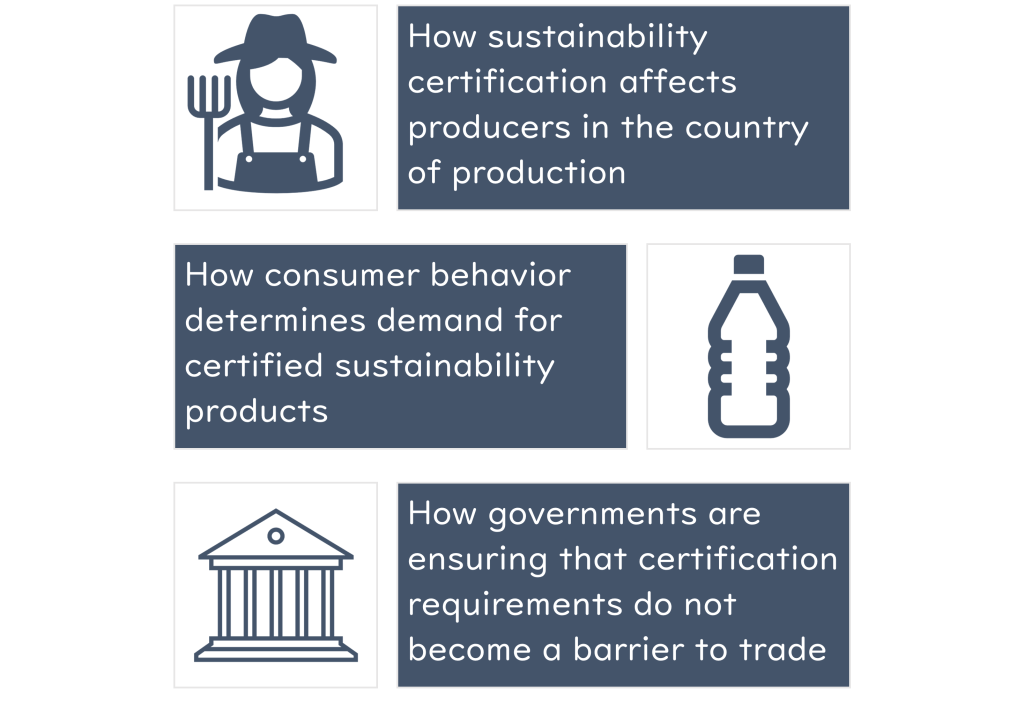
The connection between the abundance of land and our lives
In recent years, it is estimated that 75% of nature on the earth’s surface has been altered by human activities. When forests are cut down, they do not regenerate quickly and biodiversity is lost, including rare species and microorganisms that used to live there. These deforestation and desertification have put plants and animals in danger of extinction, and the damage caused by the extreme weather in recent years has a direct impact on our consumer lifestyles.
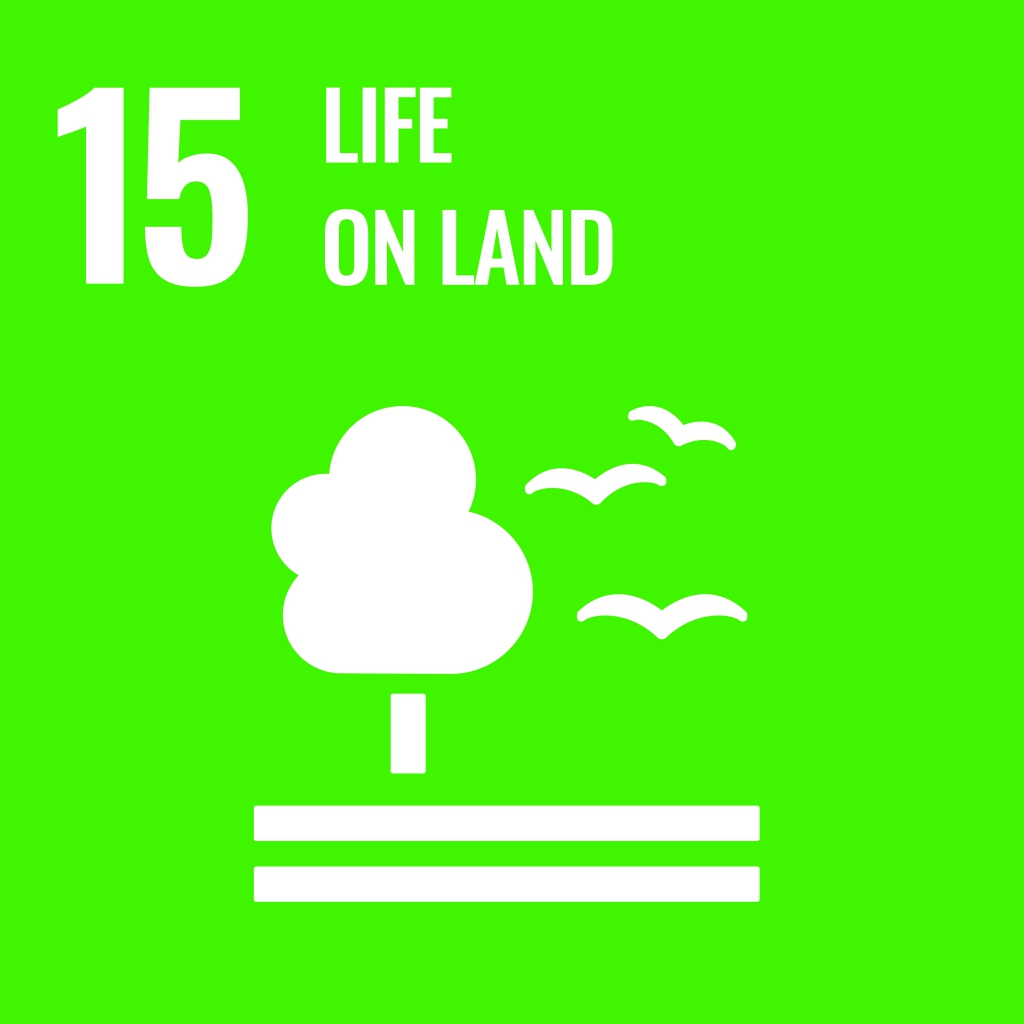
 Visiting Prof. Michida
Visiting Prof. MichidaChemicals found in the plants, animals, and fungi of the rainforest have benefited from their use in pharmaceuticals, including painkillers, heart disease, and cancer treatments.


However, the loss of these organisms may deprive mankind of the possibility of discovering the raw materials for pharmaceuticals.



We are researching what approaches the international community is taking to conserve the global public property of “land wealth”. In this section, we will focus on agriculture, which is said to be a major cause of deforestation, and introduce the case of oil palm.
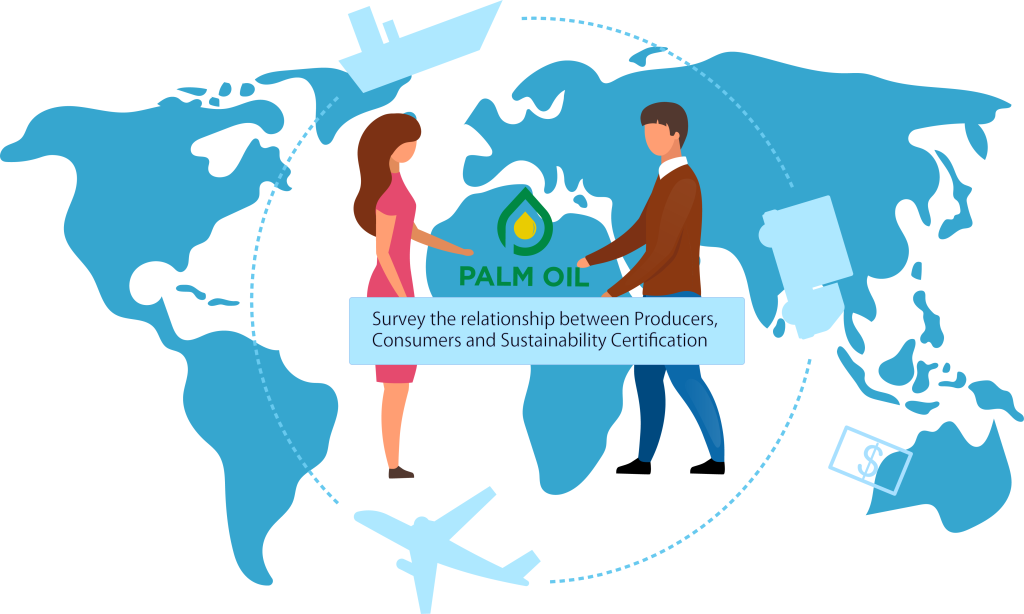

What is oil palm ?
Oil palm is grown in large quantities in Indonesia and Malaysia, where palm oil is produced. In Japanese food labels, it is known as a raw material for “vegetable oil,” “shortening,” and “margarine,” and is also used as an ingredient in fried oil for instant ramen noodles, chocolate, soap, and cosmetics.
- Background
-
Since oil palm can be harvested all year round, is highly productive, and is supplied at a relatively low price, farmland was expanded to meet the growing demand. In addition to the land already cultivated, new tropical rainforests were cleared.
- The result
-
The expansion of oil palm plantations threatened the survival of the orangutan in Borneo and became a symbol of the palm oil industry’s sacrifice of biodiversity. When carbon-rich peatlands were cleared, high levels of greenhouse gases were emitted. Furthermore, in areas where land ownership was ambiguous, the livelihoods of residents were violated and human rights abuses of plantation workers were reported.
- The issue
-
Palm oil is also an essential vegetable oil for developing countries with ever-growing populations. Declining demand also hurts the livelihoods of small-scale farmers.
- Breakthrough
-
It is important to understand how deforestation is occurring, and at the same time to consider the need for palm oil as food for the world, protecting forests and biodiversity, and providing a mechanism to lift producers out of poverty.
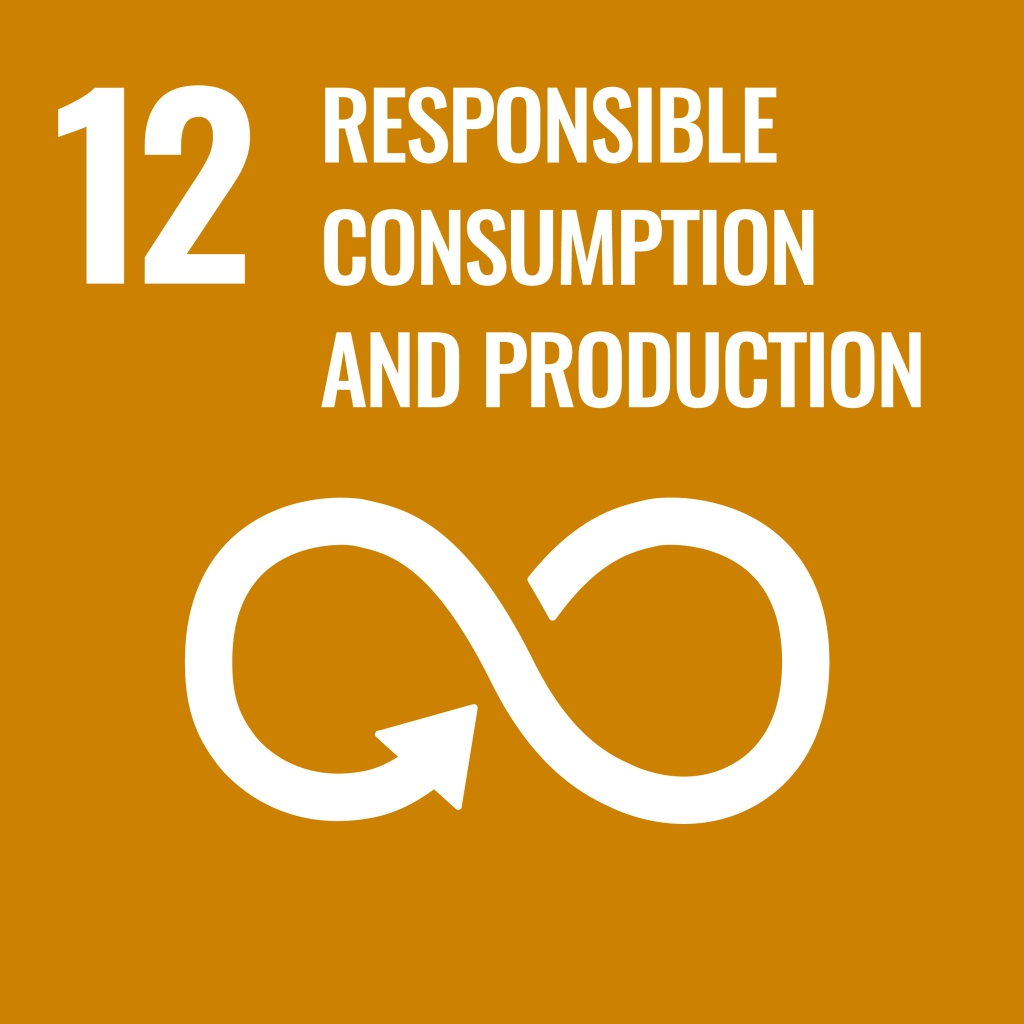

Introduction of Sustainability Certification
In an effort to balance palm oil production and forest protection, farmers must show that the land on which they are growing oil palm is not deforested, and that it meets sustainability criteria such as labor and human rights, which are then verified by a professional auditing company. If appropriate, companies can put a “sustainability certification” label on products made with that palm oil. When consumers pick up products with these labels, they can purchase them with the assurance that they are made from raw materials that have been produced with care to avoid deforestation.
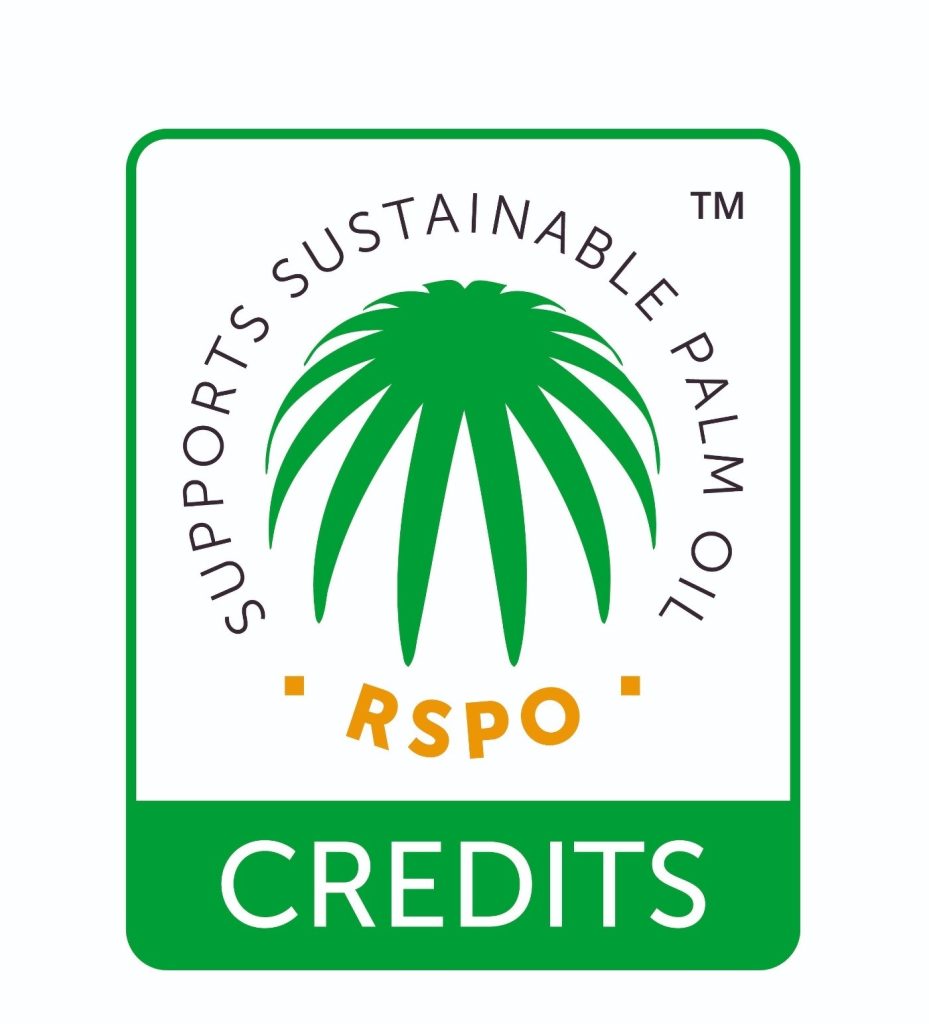

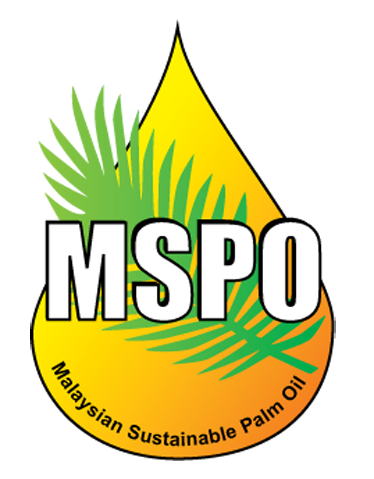




However, as of 2020, RSPO-certified oil accounts for only about 20% of all palm oil, and even if greenhouse gas emissions are reduced by 20%, the overall greenhouse gas emissions will increase, and the problem may not be solved. The European government has been pushing for the use of palm oil as a means of reducing forest destruction and forest products. The European government has introduced a regulation that palm oil is not recognized as a sustainable biofuel because of its negative impact on deforestation and global warming, and has introduced a regulation to reduce imports and stop using palm oil by 2030. We will continue to research through hearings and other means that governments of producing countries are creating innovations in order to survive.
